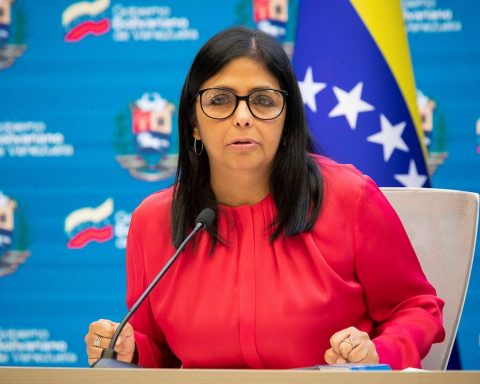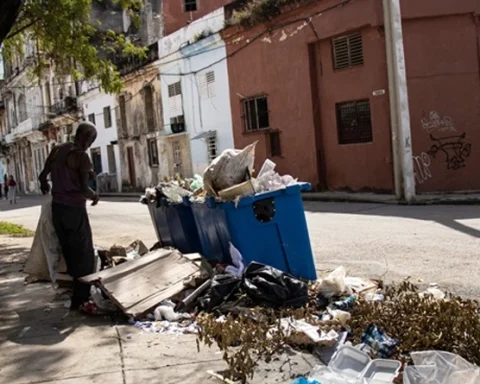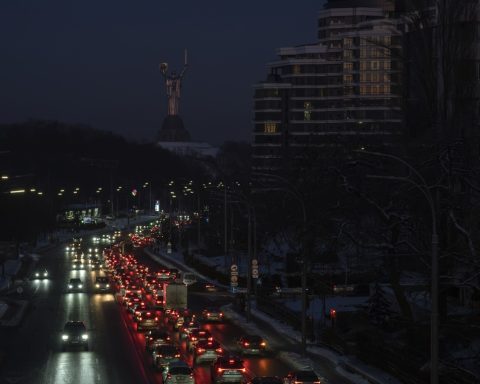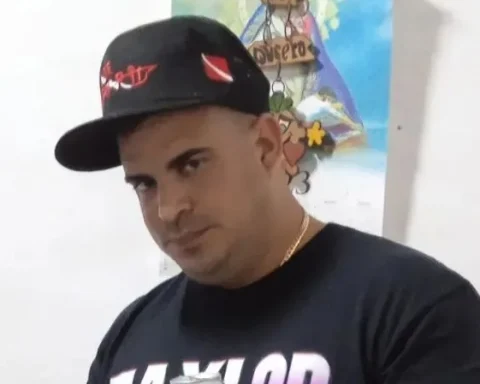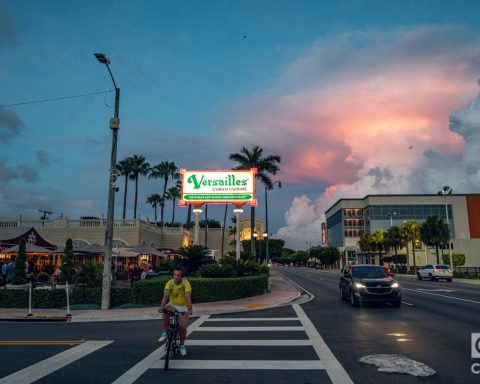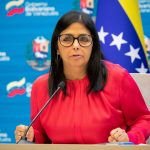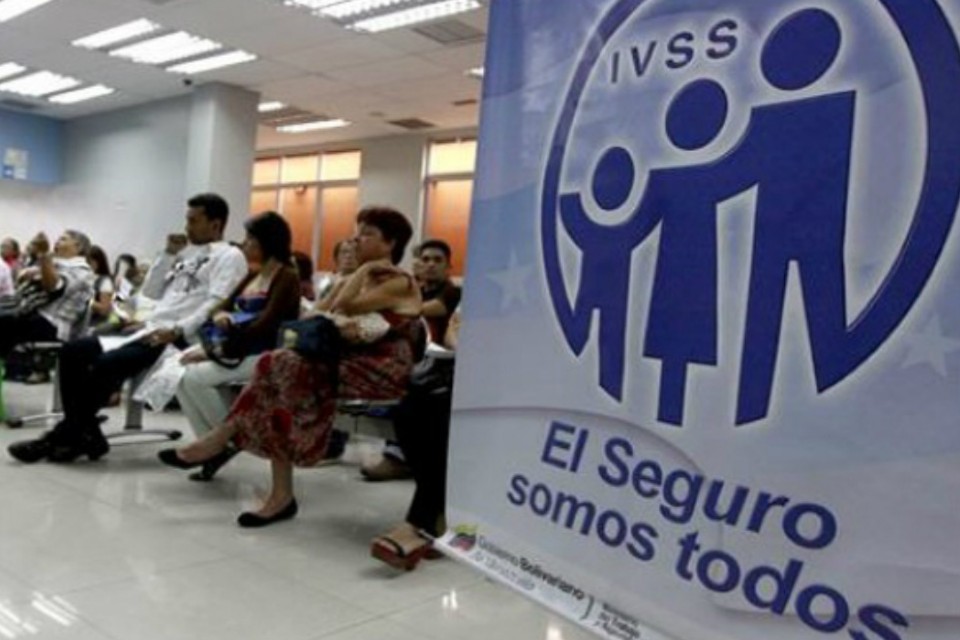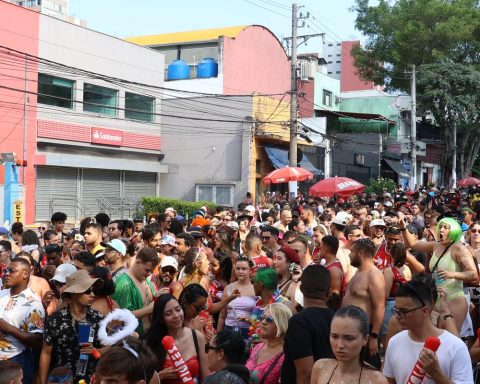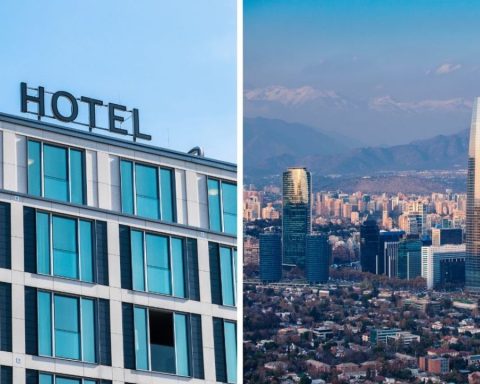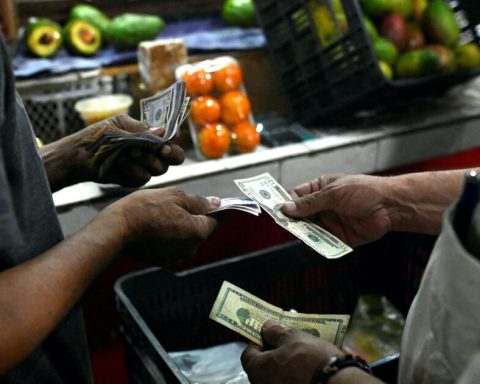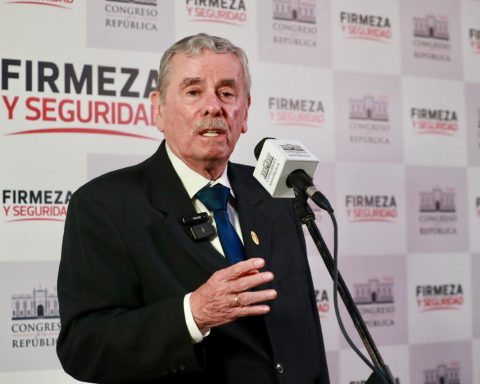Cuba inaugurated this Thursday the UEB Acería Eléctrica, a unit attached to the José Martí Steel Company (Steel West Indian) which is made possible thanks to funds from the russian government. It has been in the start-up process since last April.
According to the declarations of Omar Ramón Reyes Ricardo, director of the Acería Eléctrica, collected by Cuban News Agency (ACN), the investment process began in 2020, with national state financing from a Russian government fund that allowed the rehabilitation of six plants.
? We are convinced that this important project will open new horizons for bilateral collaboration and will make a significant contribution to the development of the economy and the well-being of the Cuban people!
!! Congratulations!! ??? https://t.co/bVHWXg7G7P
— Embassy of Russia in Cuba (@EmbRusCuba) May 19, 2023
More than 95 million dollars have been invested in this project that will employ more than 500 people and in which more than 20 Russian companies have participated, according to precise Sputnik.
The Electric Steel Company has more than 90% of the equipment manufactured in Russia, or made with technologies from that country, and will produce between 220,000 and 230,000 tons of liquid steel per year, according to the Russian media.
Reyes Ricardo specified that the productive capacities would contribute about 226 thousand tons per year of carbon steel billets (material used in the rolling process for the production of rebar).
He also explained that the production indicators will not reach their maximum potential until the start of operation of a new rolling mill included in the project, scheduled for 2024. Until then, the manufactured materials will be destined for export and smaller-scale productions, ACN points out.
The inauguration was chaired by the Deputy Prime Minister Dmitri Chernishenko, co-chairman of the Cuban-Russian Intergovernmental Commission for economic, commercial and scientific-technical cooperation, as well as his Cuban counterpart, Ricardo Cabrisas Ruiz; Vice Prime Minister Ramiro Valdés Menéndez and the general director of Antillana de Acero, Reinier Guillén Otero, among others.
Intergovernmental Commission
The event took place at the close of the XX Session of the Cuba-Russia Intergovernmental Commission, where representatives of both governments agreed to boost economic and commercial collaboration in areas such as construction, sugar production and sports.
Cuba paves the way for Russian companies at the Economic-Business Forum
At the Intergovernmental Commission, Cabrisas and Chernyshenko signed the final act of an appointment that summarizes the state of economic, trade and cooperation relations, as well as the prospects and lines of action for joint work.
Cabrisas and Chernyshenko agreed on the need for the exchange between Cuba and Russia to “increase and diversify,” according to state press reports summarized by efe.
At the meeting, the delegations emphasized the promotion of a greater participation of Russian investment in the implementation of the National Plan for Economic and Social Development of Cuba until 2030.
Other documents refer to the exchange of information and mutual assistance in the context of the single system of tariff preferences of the Eurasian Economic Union.
In addition to this meeting, this Friday ends the business forum in which representatives of 52 Russian firms and more than 100 Cubans participate.
commercial exchange
In the context of the forum, it was learned that in 2022 the commercial exchange between the two countries was only 451 million dollars, a figure that the Russian representation advocated improving, although the Eurasian country’s exports to Cuba tripled.
92% of Russia’s exports were crude oil and its derivatives, and the island sent to that country mainly agricultural products, rum, coffee and tobacco.
Cuba-Russia Intergovernmental Commission meets in Havana
????? #intergovernmental #Cuba #Russia
➡️https://t.co/Q3DUoDRE9G pic.twitter.com/8uroa0ZC8i—MINCEX?? (@MINCEX_CUBA) May 18, 2023
Cabrisas declared at the inauguration of the commission that the visit of Cuban President Miguel Díaz-Canel to Russia -at the end of last year- “has awakened a dynamic between the two countries” that is now taking shape.
So far in 2023, the Russian Foreign Minister, Sergei Lavrov; the Chairman of the State Duma, Vyacheslav Volodin; the economic adviser to the Presidency, Maksim Oreshkin; the Secretary of the Security Council, Nikolai Pátrushev; the head of the bilateral Business Council, Boris Yurievich, and the executive director of the state oil giant Rosneft, Igor Sechin.
